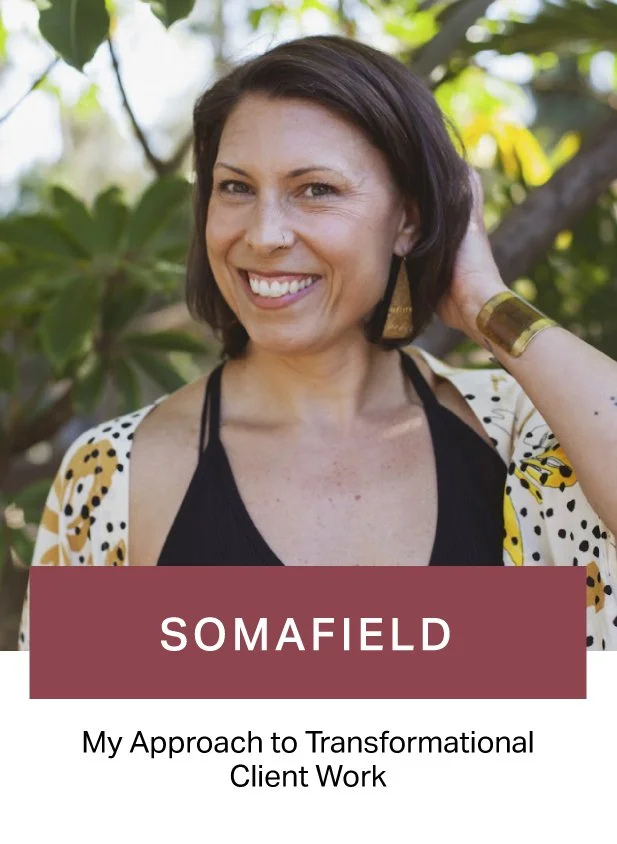Therapists + Coaches Need to Be in Therapy
I don’t think this is controversial to say, but therapists and coaches need to be in therapy. Consistently. Regularly. Over time.
There are a lot of reasons for this, but at its core, it’s about how we do relationships, connection, power, compassion, and co-regulation.
If you’re going to be in deep conversations with another person’s nervous system, attachment system, power dynamics, hurts, beliefs (both conscious and not), communication styles, boundaries, and more—then you need to have been in those conversations within yourself. Deeply. Honestly. Over and over again.
This doesn’t mean you have to be fully healed or perfect. It does mean that you’ve started the work of recognizing your own nervous system states—and I don’t just mean knowing whether you’re “stressed” or “calm.” Stress patterns can run deep and stay active even when you feel grounded. This is far more nuanced than most people realize.
It also means beginning to understand the landscape of your own attachment system. What do you reach for? What do you push away? What do you bias toward, and what do you habitually protect against? These patterns don’t disappear in the therapy room—they often show up louder, if anything.
And it means being willing to look at the places where you judge your clients, where you subtly pathologize them, or where your empathy has gaps. These are often rooted in your own unexamined hurt, unprocessed history, or inherited cultural stigma—and those are incredibly important things to investigate if you're working with people.
I believe the therapeutic relationship is a relationship. And just like I would go to therapy in order to be a better romantic partner, I also go to therapy to be a better partner in the client relationships I hold. These relationships deserve the same level of care, reflection, and responsibility.
This kind of reflection is pretty standard in therapeutic circles—but I wish it were more common among coaches, too.
One of the things I love most about practicing SomaField—my signature therapeutic approach—is that while it supports and grows my clients, it also grows me.
Practicing SomaField means looking honestly at anything in me that could get in the way of centering the client. It means tracking the current state of my nervous system and how that might be impacting the field between us. It means examining any cultural or personal bias I might carry and noticing if that gets in the way of serving the person in front of me. It means watching how my own attachment patterns show up in the room—and making space for that awareness, too.
In these ways, I don’t believe I can practice masterfully—or ethically—if I’m not also using the work to grow myself.
Here’s to those who keep the good work going. Thanks for your efforts. :)




